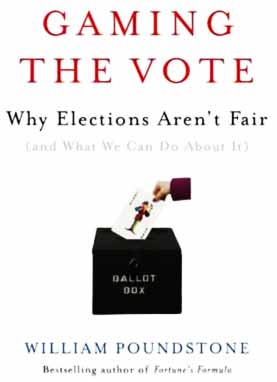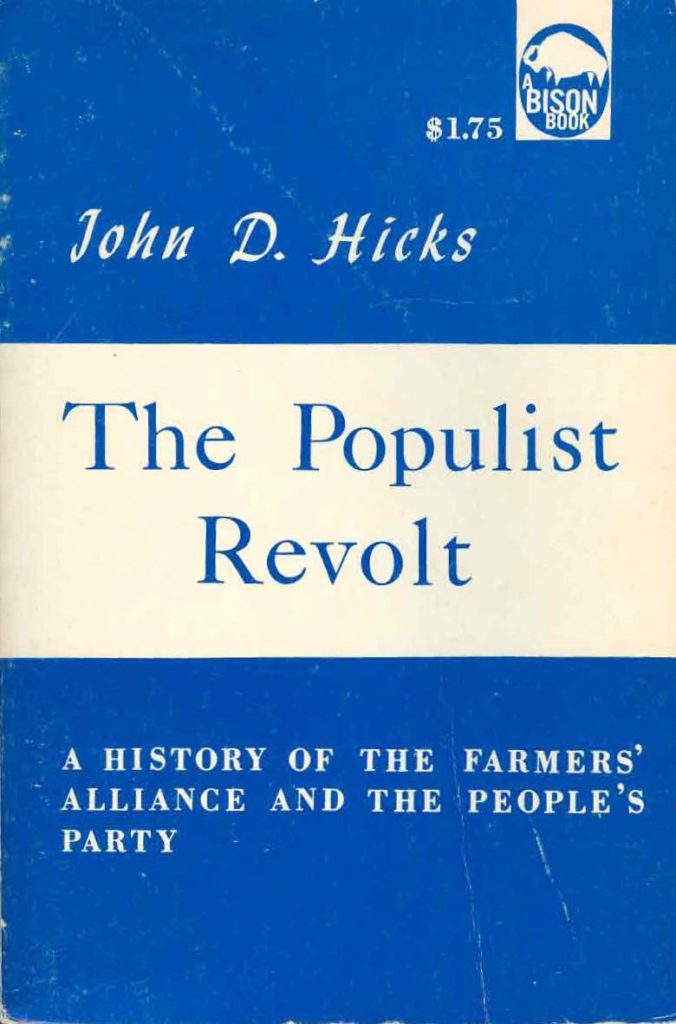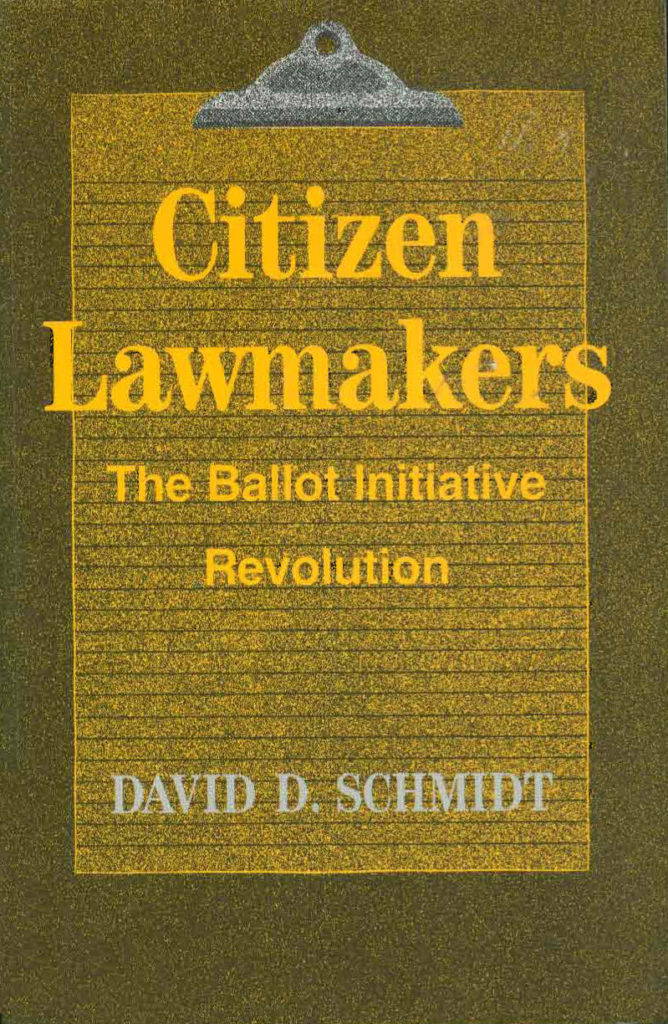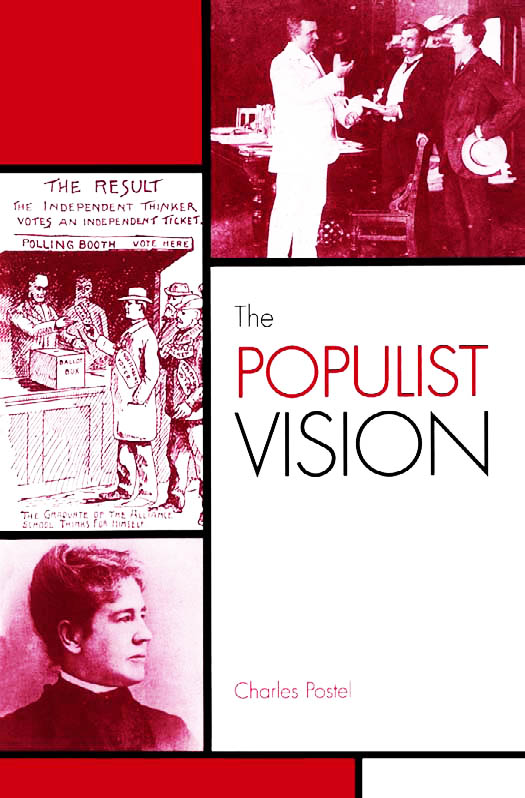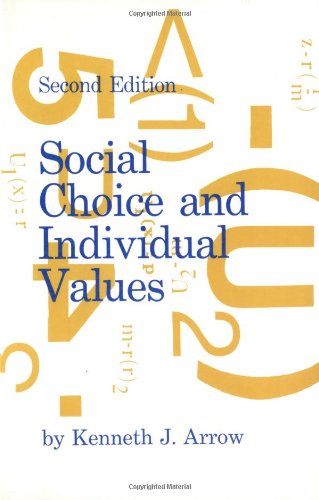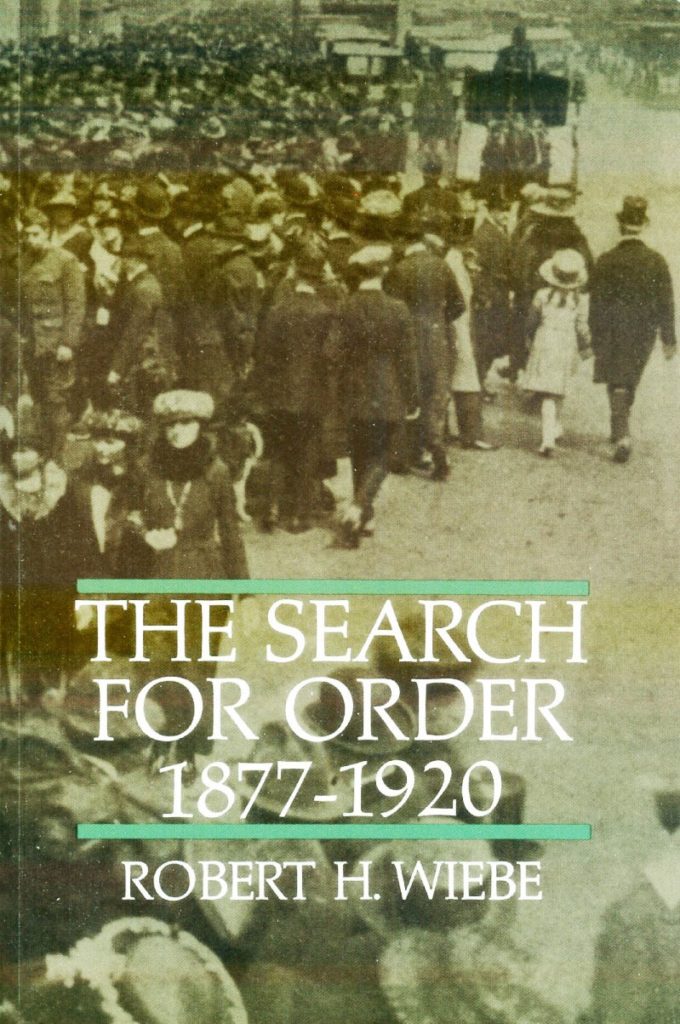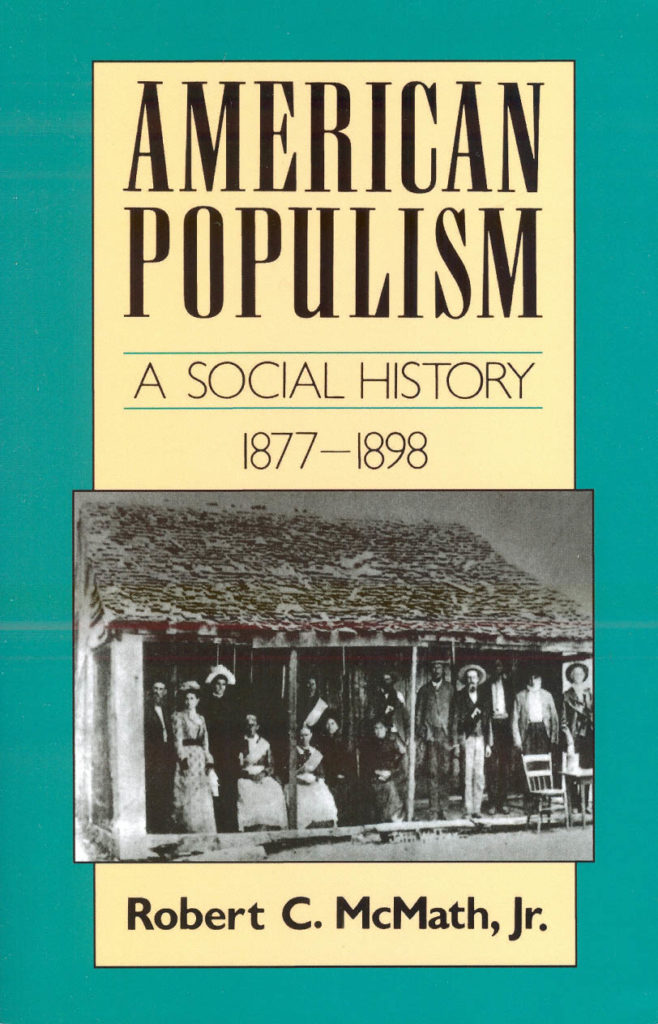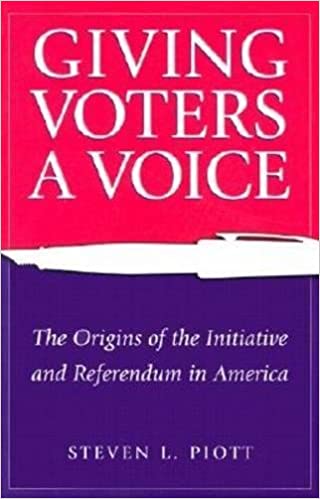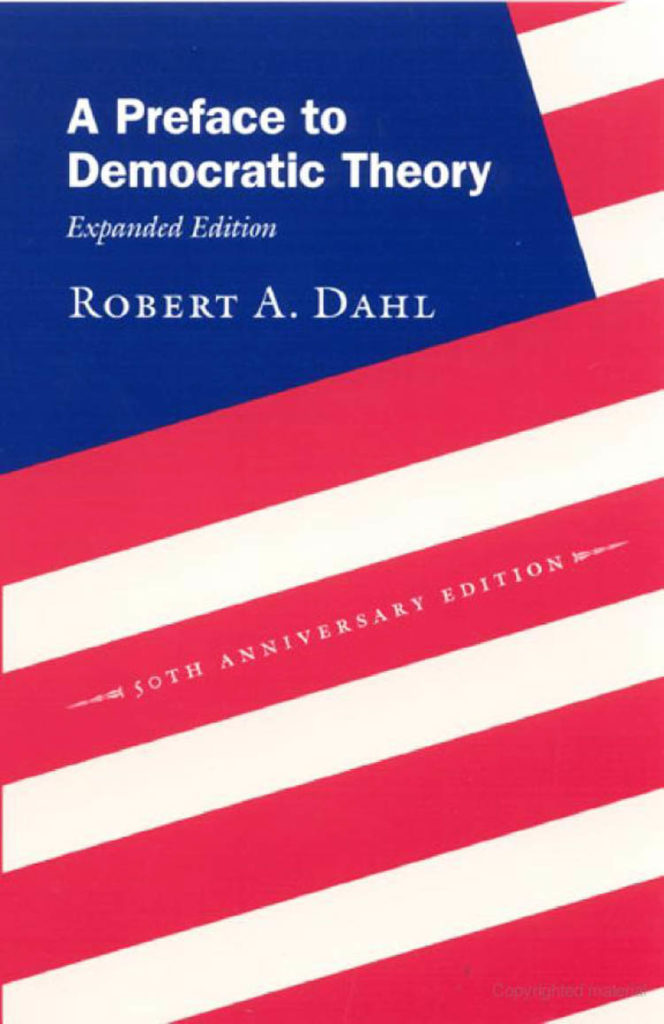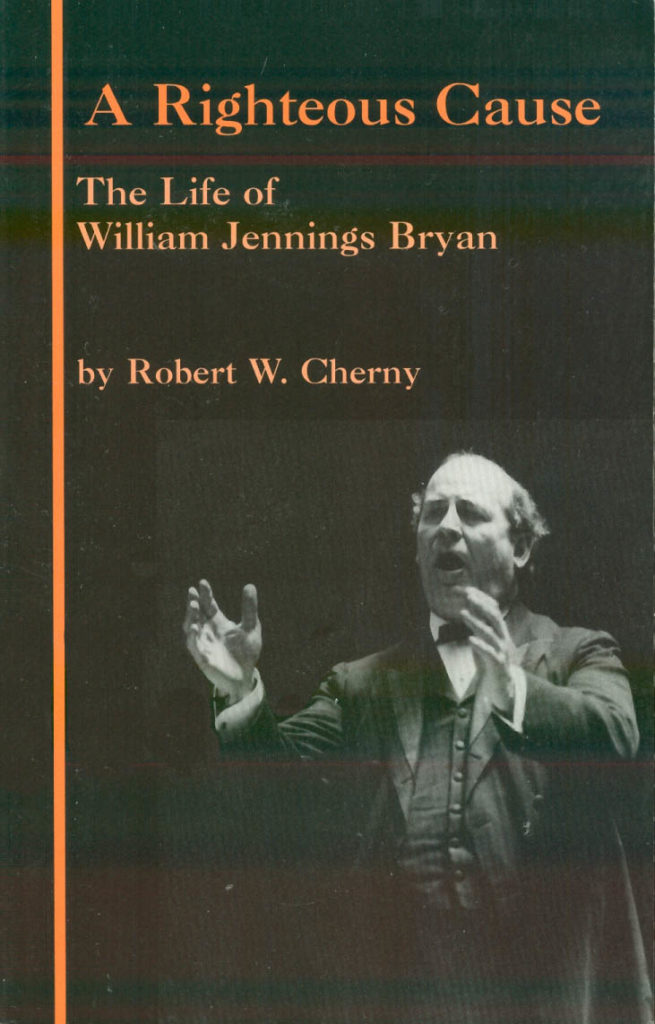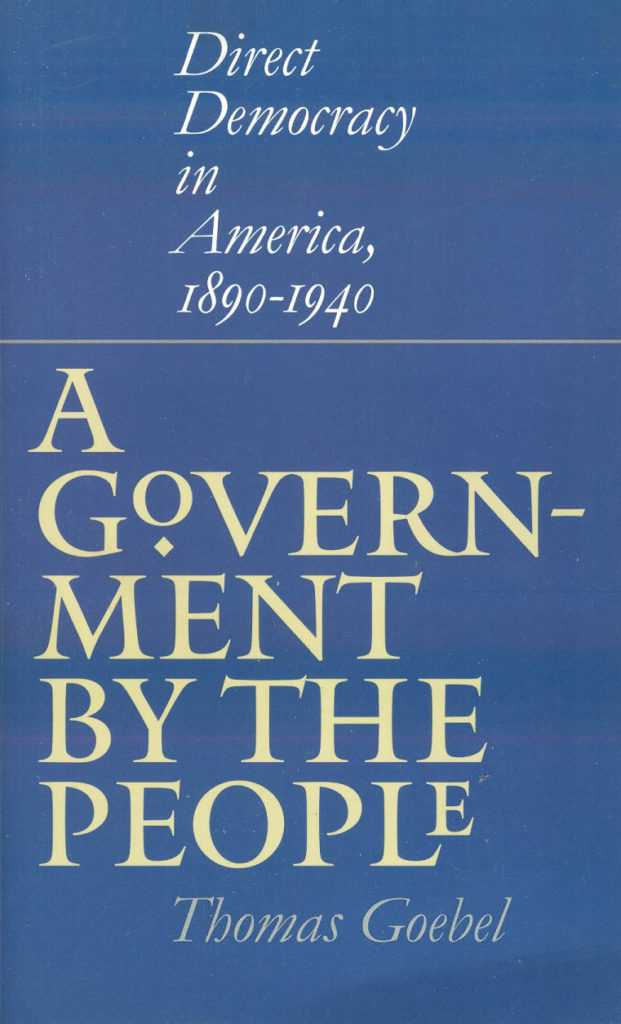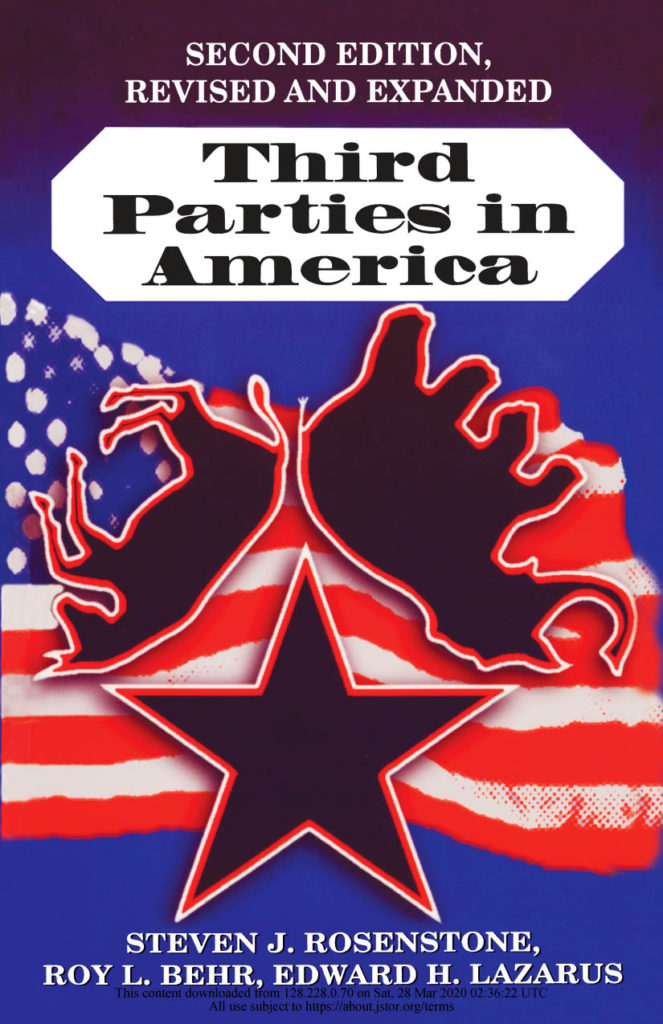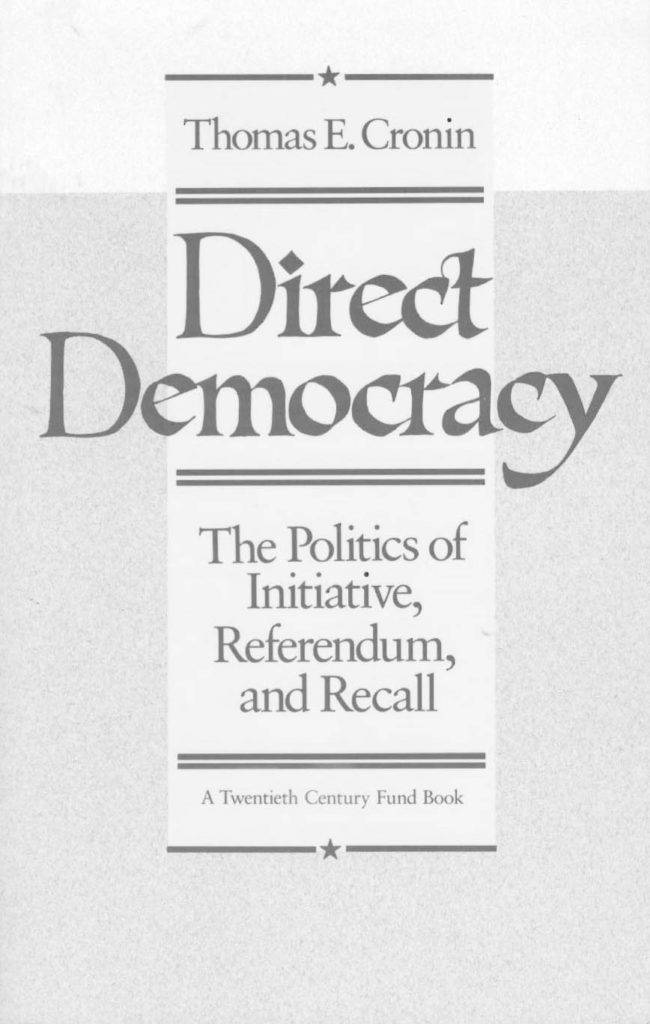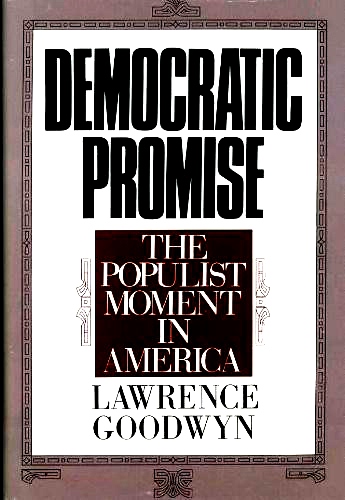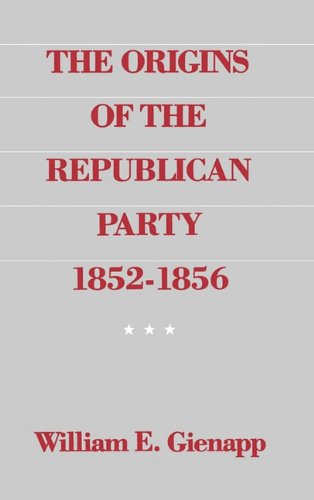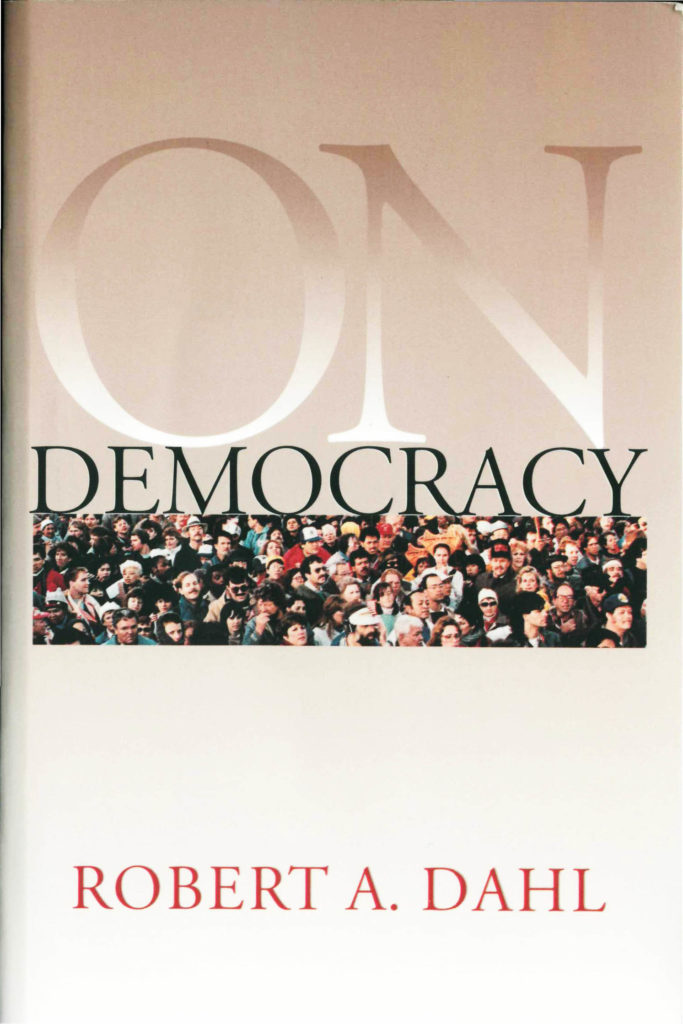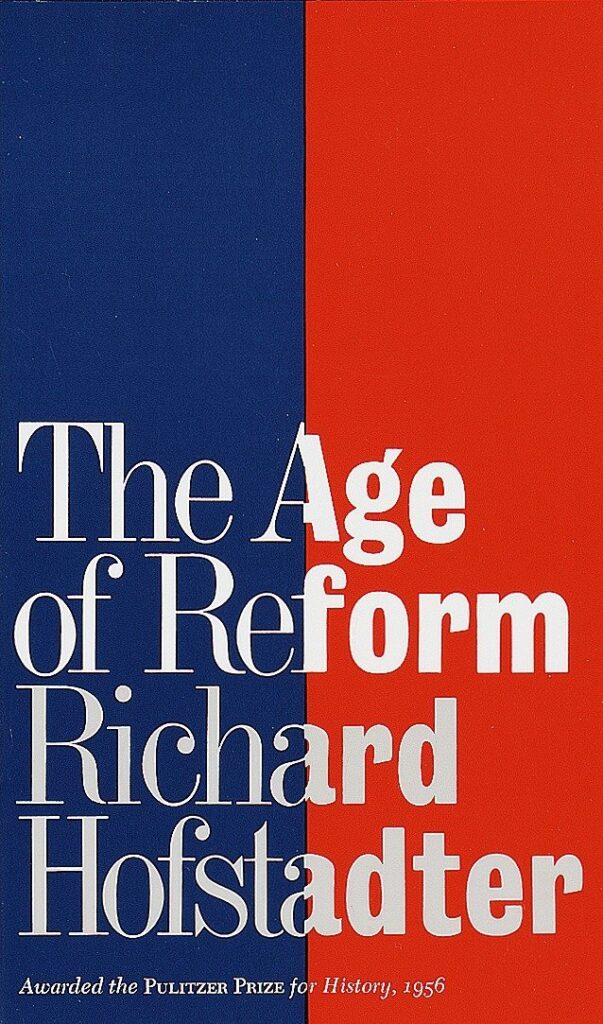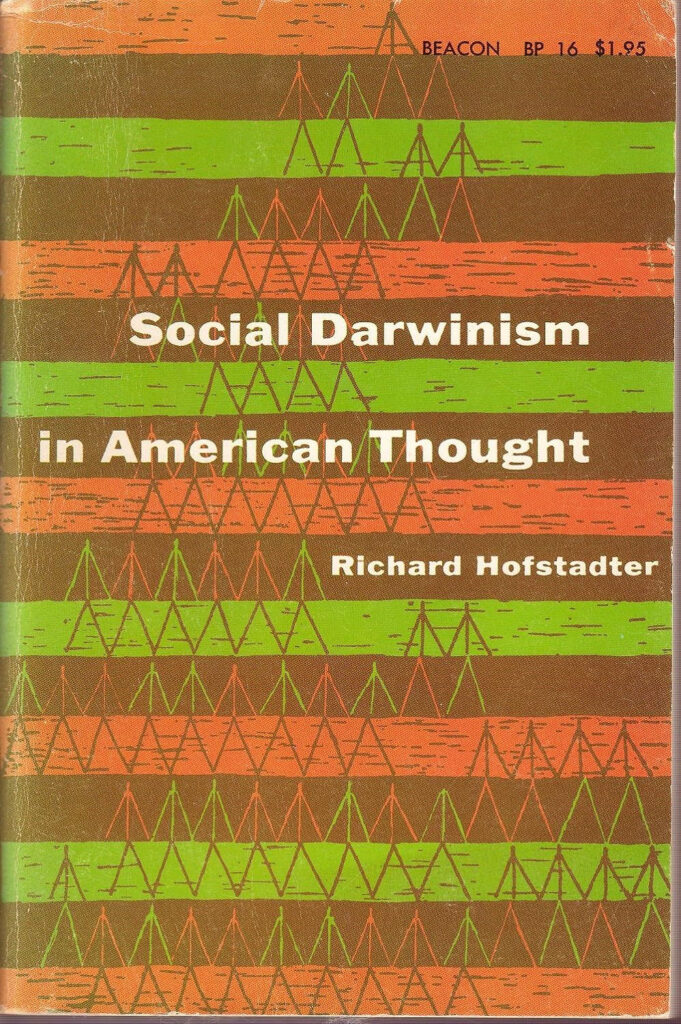Though the two-party system is hardly questioned by the average U.S. voter, it is neither required nor assumed by the Constitution, nor were political parties even desired by many of the country’s founders. Washington, Jefferson, Madison, and Hamilton all expressed scepticism about political parties. Furthermore, throughout most of the country’s history, there has seldom been a period when a simple, unadulterated two-party system existed in a pure form. Especially in the 19th c. and into the 20th, one vigorous third party was succeeded by another in such a frenzy of activity that it was often hard to keep track of them. Just counting third parties that have competed in a presidential election, there have been over 100 in U.S. history.
Nor have these third parties been without influence. In fact, the influence of third parties on U.S. government policies as well as on election outcomes has been significant. The Populist Party, for example, which was the largest third party in U.S. history, seems to have had a wide-ranging influence in that most of the issues they championed, for which they were widely ridiculed in their own time, were later adopted. This includes direct primary elections as a way of choosing party candidates (rather than letting party leaders decide who would run for an office independently of voter input), the process of initiative and referendum, which was adopted in most of the states in which Populists were strong and exists in nearly half the stats of the U.S. today, increased government control of the railroads, anti-monopoly laws, and more.
Because of their importance as a third party as well as their outsized influence on national and state policy, a large amount of material about the Populists has been posted at this site, including the first and last chapters of a classic history of the movement, namely, The Populist Revolt, by John D. Hicks. The first chapter of the book (“The Frontier Background”) is a vivid and detailed account of the buying and selling of the West, and the last chapter (Chapter Fifteen, “The Populist Contribution”) describes the many policies championed by the Populists that eventually became law.
Along with the book on the populists is some of the primary source material used by Hicks to write the book. A particularly rich source of primary material on the Populists can be found in the the late 19th century popular intellectual magazine, The Forum, and a healthy sample of its contents has been posted here as well. Those who inspect the journal may notice that it compares favorably with late 20th century and early 21st century intellectual magazines. (Put another way, late 20th and early 21st century intellectual journals may well compare unfavorably with The Forum. Why this might be so is an interesting question and a discussion of the subject may be useful for throwing critical light on our present intellectual practices. However, this is a topic for another website, not this one, and the question will not be pursued here.)
More recent attempts to support the development of third parties center around the issues of the spoiler effect that occurs when 3rd parties run their own candidates in an election, and ranked-choice voting, which is aimed at eliminating the spoiler effect when third parties run their own candidates for political office. Without something like ranked-choice voting, third parties will simply be spoilers when they attempt have their own candidates elected to office – that is, their candidates are not likely to win outright, so the effect of their running for office will be to pull votes from the major party with which they are most similar and throw the election to the candidate so someone more unfavorable, in their view, than the major candidate from whom they pulled votes.
For example, if a group of political progressives decide that the Democrat’s candidates are not liberal enough to pursue progressive policies, they might run their own, more liberal candidate. But then, most of their votes will come from people who would otherwise vote for the Democrat, making it more likely that the conservative Republican will win. The result of third parties participating in democratic elections is thus most likely to result in their bringing about the election of the candidates they disagree with the most. In this way, then, third parties mostly tend to be vote-splitters and spoilers in any elections they participate in. And more than this, the same effect of vote-splitting is what keeps them from succeeding, surviving, and growing as parties.
Ranked choice voting (also called “instant run-off”) is a voting system that is thought to solve the spoiler effect produced by third party candidates in elections. With this voting method, voters rank candidates in the order in which they prefer them, from their first to their last choice. Then, if nobody wins a majority of the votes, the candidate with the fewest votes is eliminated, and their votes are given to the voter’s second preference. The process is repeated until one candidate has a majority of the votes. This allows people to vote for a favored third party candidate without throwing the election to their least favored candidate by voting for the third party. Note that this also allows third parties to grow stronger and more popular by running repeatedly in elections without making things worse. This system and other alternative ideas for voting are discussed in the second book posted at this site – Gaming the Vote: Why Elections Aren’t Fair (and What We Can Do About It), by William Poundstone.
Here are a few articles on American third parties, voting, and Populists.
1. “The Third Party Tradition in American Politics,” John D. Hicks, The Mississippi Valley Historical Review vol.20, no.1 (June 1933).
2. “Origins of the Party System,” Chapter 4, James Madison: A Son of Virginia and a Founder of the Nation, Jeff Broadwater, 2012.
3. “Hume and Madison on Faction,” Mark G. Spencer, The William and Mary Quarterly, Third Series vol.59, no.4 (Oct 2002), 869-97.
4. “Populism Redux: John D. Hicks and The Populist Revolt,” A Review by Martin Ridge of The Populist Revolt, in Reviews in American History vol. 13, no. 1 (March 1985), 142-154
5. “The Unpolitical Animal: How Political Science Understands the Voter,” Louis Menand, The New Yorker, August 30, 2004.
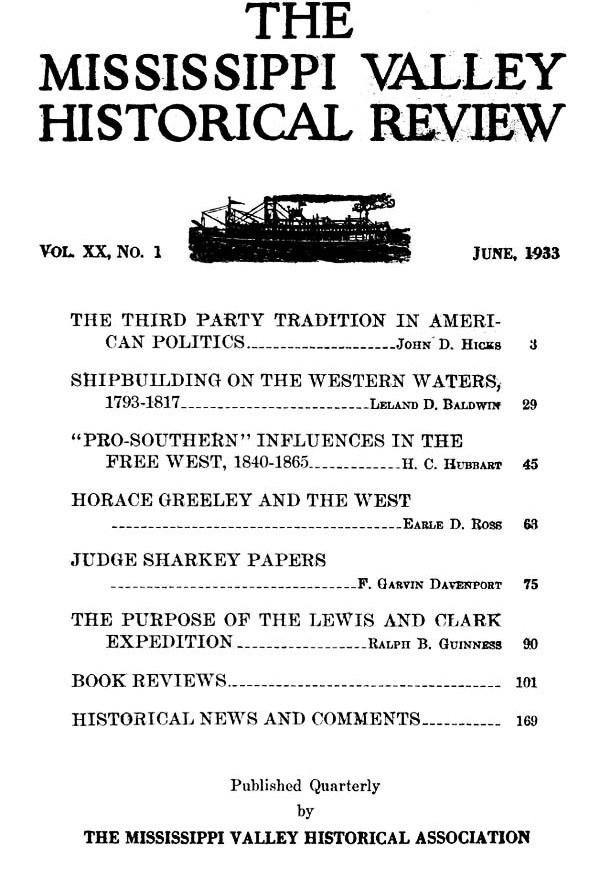
Song for the pandemic summer of 2020 – Tommy Dorsey Orchestra, Pied Pipers, Connie Haines, and Frank Sinatra singing the original 5 minute version of Let’s Get Away From It All
And a song for the last days of Summer 2020, 6 minutes and a half minutes of Little Richard and Whole Lotta Shaken Goin’ On
coming soon – Cuban Music
Great music comes from hot scenes, and Miami has been a hot scene ever since the Cubans showed up. TIMBALIVE – Llego Mi Pasaporte This song by TIMBALIVE is closer to pop music than their more typical stuff, so maybe a good place to start.
